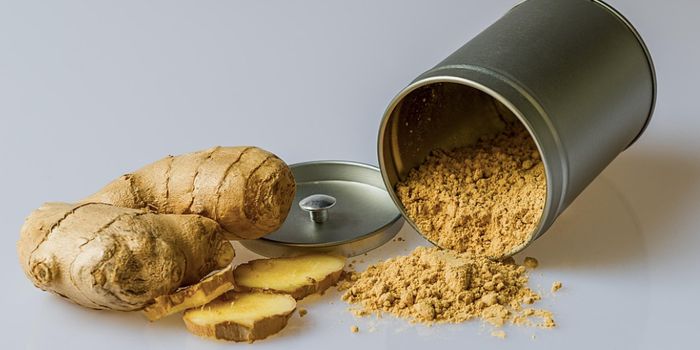Tyrosine Restriction Leads to Healthy Aging in Fruit Flies
A wide variety of research studies using different models have shown that dietary restriction can delay the onset of aging and extend lifespan. But scientists and clinicians also know that nutrition is crucial and can have a big impact on health, so researchers have tried to determine what form of dietary restriction, or elimination is more beneficial. Some research conducted in fruit flies has indicated that it is not the limitation of calories in general, but the reduction of protein intake that can improve metabolism.
Now researchers have used a fruit fly model to show that reductions in tyrosine intake helps fruit flies survive through periods of food shortages, extends their lifespan, and lessens their reproductive output. The team suggested that similar mechanisms may also be at work in humans. The findings have been reported in Science Advances.
Proteins perform many of the body's essential functions, and they are made from amino acids. While the body can produce some amino acids, others have to be obtained through the diet, and these are classified as non-essential or essential amino acids, respectively. Tyrosine is a unique case, and is generated from an essential amino acid called phenylalanine.
This study investigated the physiological impact of removing only one amino acid, rather than limiting caloric or protein intake more generally. Previous work conducted in fruit fly larva has shown that tyrosine reduction can change the biochemistry of young flies, while this work was conducted in adult flies.
Tyrosine has various important roles, one of which is hormone production. The body also converts tyrosine into the neurotransmitter dopamine, noted senior study author Fumiaki Obata of the RIKEN Center for Biosystems Dynamics Research. "So tyrosine is very important."
The researchers put fruit flies in various groups that were each low in one particular amino acid. Some diets were also low in all amino acids. Flies that were fed low levels of tyrosine were found to live longer than flies on other amino acid-restricted diets. The flies lacking tyrosine had lower fertility levels and smaller ovaries, and reproductive output reduction has been observed in other dietary restriction models. The dietary preferences of the tyrosine-restricted flies also changed so that they consumed more protein. The study authors suggested that this means the flies were adapting to their conditions in better ways.
These changes were seen when flies were given low levels of amino acids, and half the normal level of tyrosine, however, and not when only tyrosine was reduced in an otherwise normal diet.
"Because tyrosine can be manufactured in the body, I wasn't expecting to see such an impact from dietary restrictions," said Obata. "Halving the amount of tyrosine in their diets triggers something beneficial for them."
Now the researchers want to see if these findings hold true in other research models.
Sources: RIKEN, Science Advances









